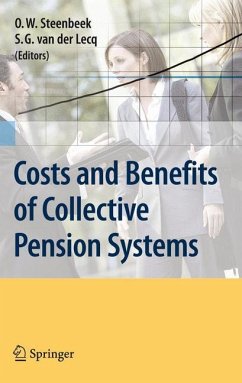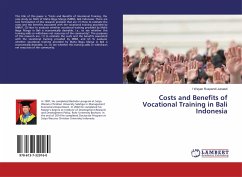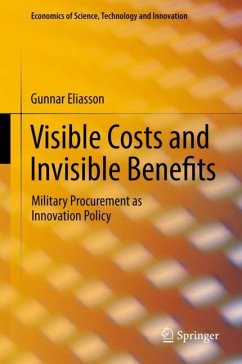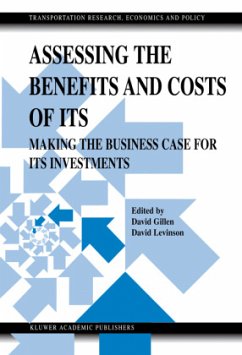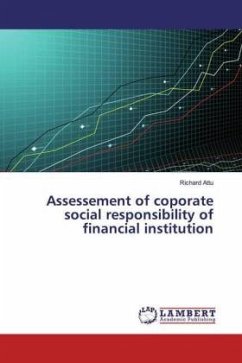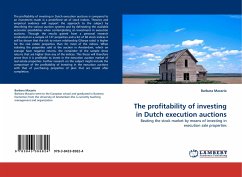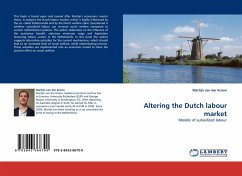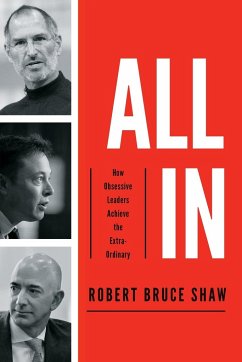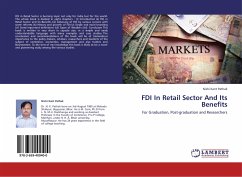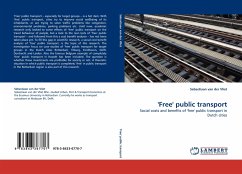
'Free' public transport
Social costs and benefits of 'free' public transport in Dutch cities
Versandkostenfrei!
Versandfertig in 6-10 Tagen
39,99 €
inkl. MwSt.

PAYBACK Punkte
20 °P sammeln!
'Free' public transport - especially for target groups - is a hot item. With 'free' public transport, cities try to improve social wellbeing of its inhabitants, or are trying to solve traffic problems like congestion, environmental problems, parking problems etc. Until now, academic research only looked to some effects of 'free' public transport on the travel behaviour of people, but a look to the real costs of 'free' public transport - and followed from this a cost benefit analysis - has not been taken place yet. To fill this gap in scientific research, a social cost benefit analysis of 'free...
'Free' public transport - especially for target groups - is a hot item. With 'free' public transport, cities try to improve social wellbeing of its inhabitants, or are trying to solve traffic problems like congestion, environmental problems, parking problems etc. Until now, academic research only looked to some effects of 'free' public transport on the travel behaviour of people, but a look to the real costs of 'free' public transport - and followed from this a cost benefit analysis - has not been taken place yet. To fill this gap in scientific research, a social cost benefit analysis of 'free' public transport, is the topic of this research. The investigation focus on case studies of 'free' public transport for target groups in the Dutch cities Rotterdam, Tilburg, Eindhoven, Delft, Dordrecht and Leiden. Also the famous Belgium example of completely 'free' public transport in Hasselt has been included. The question is whether these investments are profitable for society or not. Atheoretic situation in which public transport is completely 'free' in public transport in the Rotterdam region is also part of this research.



